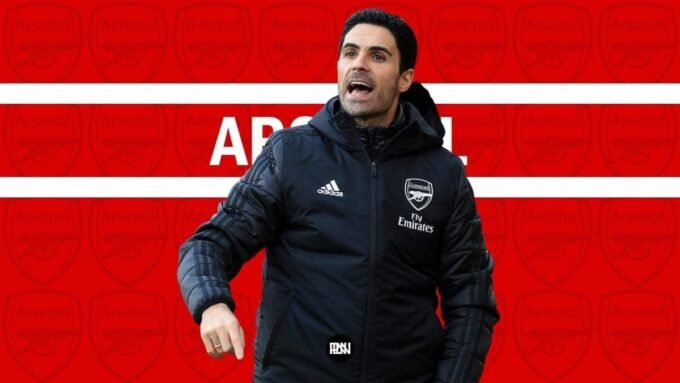Chelsea recently made headlines by lifting the Club World Cup trophy in the United States, a memorable victory that certainly caught the eyes of football fans everywhere. They sealed their win with a confident 3-0 performance against Paris Saint-Germain. Two goals from Cole Palmer, along with a strike by Joao Pedro, put the Blues firmly in the spotlight. For Chelsea supporters, this was an exciting moment, a reminder that the club can rise to major international occasions.
But here’s where it gets a bit interesting—because FIFA has decided to tweak how this achievement is officially recognized. The tournament that Chelsea won? It’s now being historically classified differently. Instead of being simply “Club World Cup champions,” winners of the previous tournament format are getting a new label: Intercontinental Champions. This echoes back to the earlier days of global club competitions and shifts our perspective on the significance of the title Chelsea earned.
Changing Times in a Growing Tournament Landscape
This isn’t just a cosmetic change. It comes alongside a major overhaul of the Club World Cup itself. Starting in 2025, the tournament is expanding dramatically—from a relatively small 7-team event to a much more extensive 32-team competition. That’s a far bigger tournament by any standard, bringing together clubs from a wider array of countries and leagues.
Also read: Arsenal’s New Hope: Could Max Dowman Become the Premier League’s Youngest Goalscorer?
Now, remember, before this expansion, the tournament had a smaller, more exclusive format. The last edition under that system took place in 2023. Manchester City came out on top then, defeating Brazilian side Fluminense 4-0 in the final. So, if you’re following along, Man City were the reigning champions of the old-style event.
But the story doesn’t end there.
The Bigger Stage and Bigger Challenges in 2025
When the 2025 expanded tournament kicked off, it seemed like a new era was dawning. However, last year’s champs weren’t able to replicate their success. Manchester City, despite their reputation and talent, were knocked out surprisingly early—in the Round of 16. Their opponents? Al Hilal, a Saudi club that managed to edge them out in a thrilling 4-3 game after 120 minutes of play.
It’s fascinating, isn’t it? The gap between winning a tightly contested 7-team tournament and then competing in a broader field of 32 seems to have had a real impact on the dynamics. One could argue that victory in the earlier format doesn’t guarantee dominance in the expanded competition. Maybe this new structure levels the playing field a bit, adds more unpredictability, or just makes the path to the crown a lot tougher.
For Man City fans, this round-of-16 exit in 2025 might sting, especially after their dominant win in 2023. But it’s part of sport—sometimes you’re up, sometimes you’re not. Judging from the way that game unfolded, losing 4-3 after extra time suggests it was far from a straightforward defeat. There’s drama, tension, and even a hint that perhaps the quality gap isn’t as vast as one might assume.
Also read: Tottenham’s Surprise Capture of Morgan Gibbs-White Leaves Forest Stunned
Chelsea’s 2023 triumph and Man City’s recent stumble place these clubs at interesting junctures within the evolving world of international club football. Personally, I find these developments a bit thrilling. It’s a reminder that history is always a bit fluid in sport—and titles, classifications, and legacies can shift under our feet as formats and competitions evolve.
So, when people talk about the “Club World Cup,” they really need to be clear about which version they mean. Is it the smaller, elite 7-team format or the new sprawling 32-team contest? And how should we weigh the labels—Intercontinental Champions versus Club World Cup winners? It’s not black and white, and maybe that’s what makes it more interesting to follow.








































Leave a comment